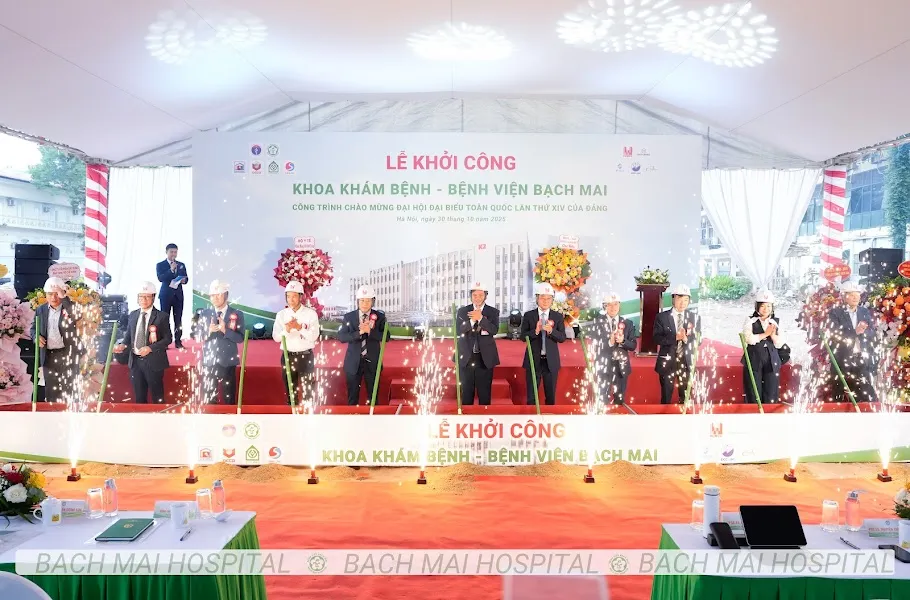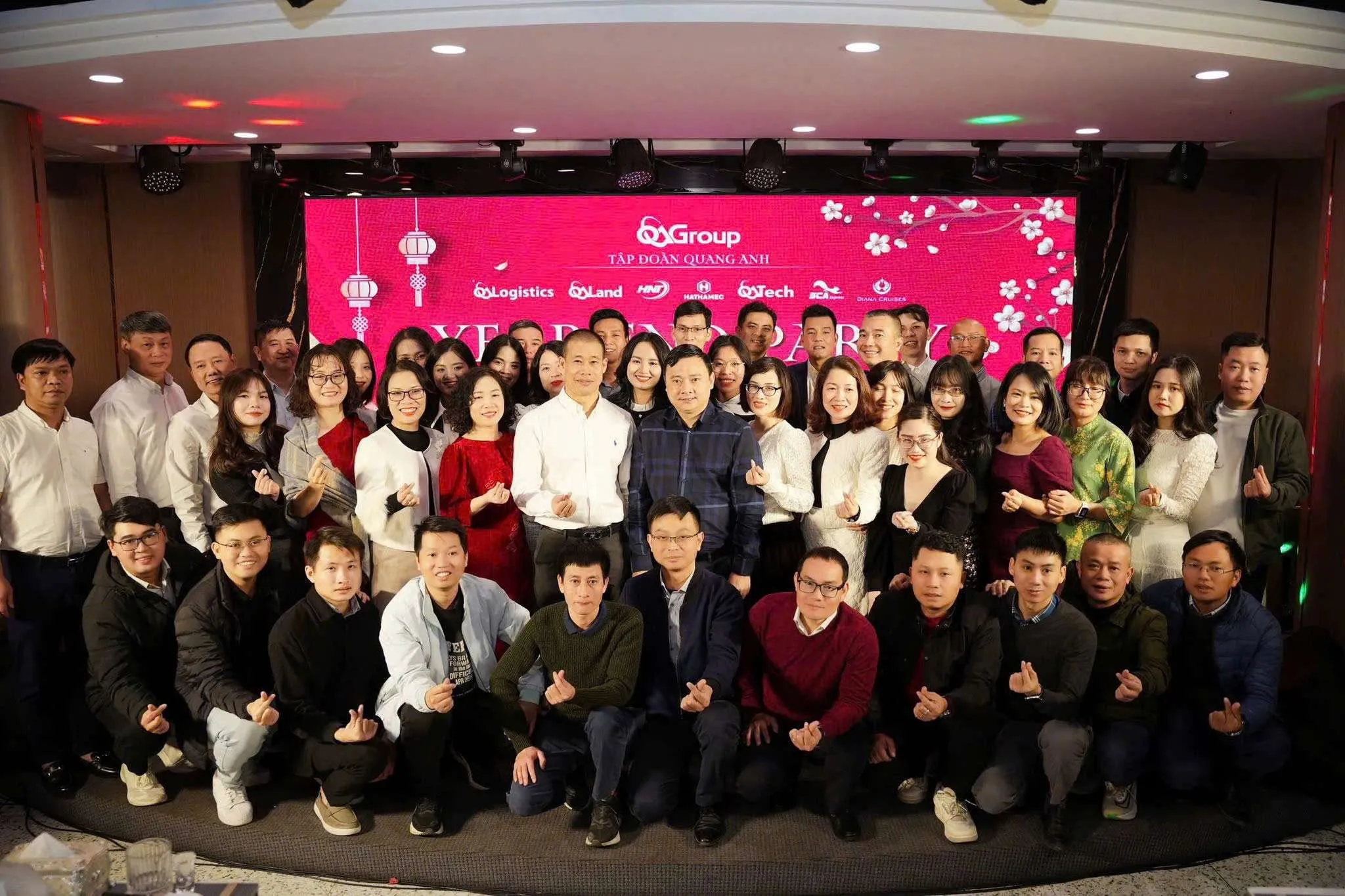Chi tiết bài viết
Mechanical industry needs feasible plan
Mechanical industry needs feasible plan
HA NOI — The Government's plan to develop the nation's mechanical industry would only be successful when detailed and feasible policies were implemented, said chairman of the Viet Nam Association of Mechanical Industry (VAMI) Nguyen Van Thu.
Thu made the statement at a meeting with the Ministry of Industry and Trade (MoIT) on Wednesday where officials admitted that a Government strategy to develop the industry until 2010 with a vision to 2020 ratified by the Government nine years ago failed because it did not meet the set targets.
According to MoIT reports, as of the end of 2010 the mechanical industry had met only 34 per cent of the country's total demands against the target of 45-50 per cent set in the strategy.
In fact, the figure was only 25-28 per cent, Viet Nam News Agency quoted VAMI vice chairman Dao Van Long as saying.
Industry insiders attributed the strategy's failure to the fact that industry policies were too general and unfeasible.
For example, Thu said, though Deputy Prime Minister Hoang Trung Hai instructed relevant bodies to consider a VAMI proposal that would increase the use of domestically made mechanical products in the nation's thermal power projects by separating each project into ten contracts so that domestic producers could participate in the bidding process, there were no detailed policies for the implementation.
General director of the Xuan Kien Automobike Co (Vinaxuki) Bui Ngoc Huyen said though the Government's incentive policies on the industry were adequate, they were only on paper.
He used his company's VND100 billion (US$4.7 million) casting project for cars as an example. Though the Government approved the company to borrow VND250 billion ($12 million) with preferential interest rates from the Viet Nam Bank for Development in 2009, the company had yet to receive a disbursement from the bank due to complicated and inflexible procedures. Meanwhile, Huyen said, his company had invested VND400 billion ($19 million) in the project so far, which aimed a raising the number of made-in-Viet Nam components in the automobile industry.
To develop the mechanical industry, Thu said that the Government should make more detailed policies to support the industry and help increase the use of domestically made mechanical products in the country's investment projects through co-operation improvements between the mechanical industry with other industrial sectors such as thermal power, cement and petroleum.
Echoing Thu, Vinaxuki's Huyen said that China had ratified policies to require bodies and agencies that use the State budget to use domestically made products.
VAMI's Thu said that domestic mechanical products could not compete against cheap Chinese products in the local market due to the country's current bidding laws issued in 2005, which were interested only in prices but not the product origins and proportion of domestically made components.
Russia and India have adopted policies to prevent cheap and low quality products from being imported by requiring producers to have domestic maintenance and repair facilities while Viet Nam still allows imports of many cheap and low quality Chinese transformers.
General director of the Truong Hai Automobike Co Tran Ba Duong said that in the context of restricted capital sources, the Government should select only several key mechanical projects to support instead of making unfocused and scattered investment as it currently did in order to make the aid more effective. Science and technical projects in the mechanical industry, which receive aid from the Government but are unfeasible into reality, should be also removed, Thu said. — VNS

 info@hathamec.vn
info@hathamec.vn
 Tầng 18 Tòa nhà văn phòng Viwaseen, Số 48 Phố Tố Hữu, P. Trung Văn, Q. Nam Từ Liêm, TP. Hà Nội
Tầng 18 Tòa nhà văn phòng Viwaseen, Số 48 Phố Tố Hữu, P. Trung Văn, Q. Nam Từ Liêm, TP. Hà Nội









